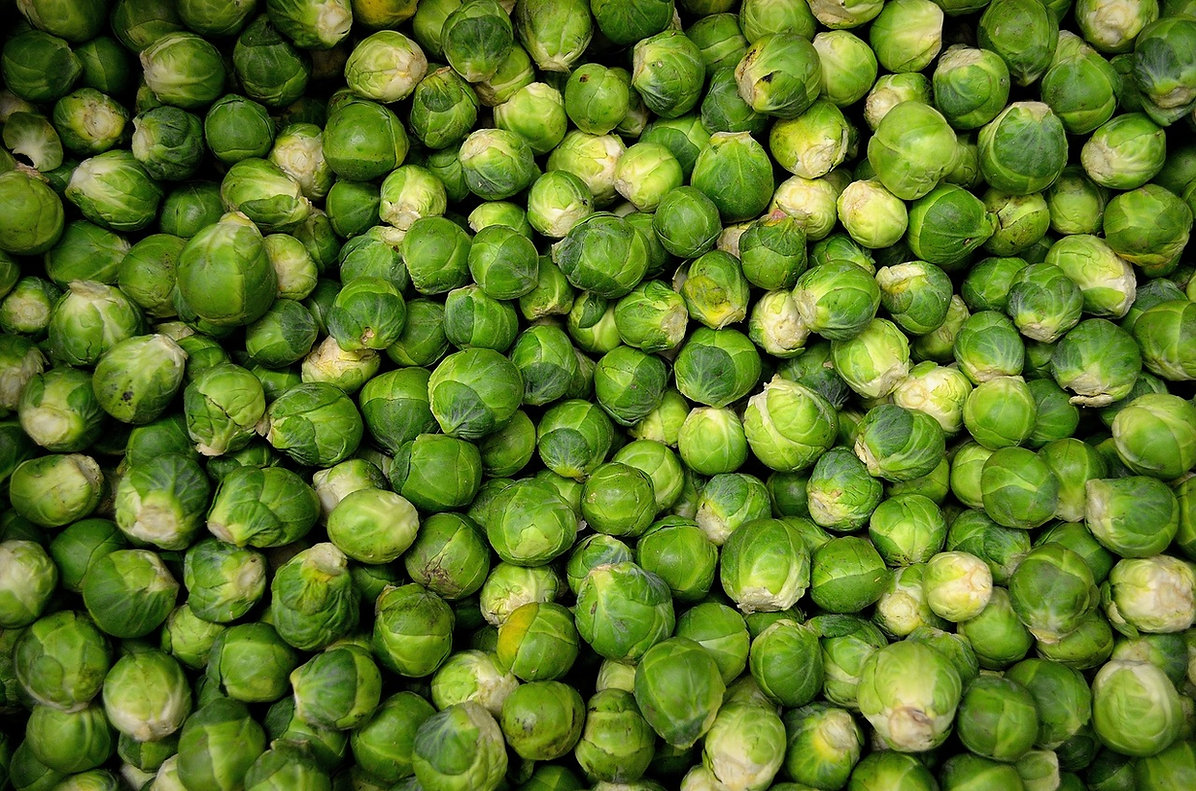Eating right for Winter
Keeping yourself healthy throughout the Winter becomes more difficult if you are or your kids are in a stuffy environment, surrounded by people coughing and sneezing. So how can we best protect ourselves?
Many factors influence the health of our immune system – stress, diet, quality of sleep and exercise. Additionally, gut health is incredibly important to our immune function, given that the cells which help us fight bacteria and viruses are located in our gut mucosa. Vitamin D levels too play an enormous role and catching colds and flu maybe be symptomatic of an underlying deficiency.
Some steps to good immunity
1) Add at least 5 portions of seasonal fresh fruit and vegetables a day. Vitamin C is a strong anti-oxidant, but it is also water soluble, meaning that you excrete it in your urine and so needs to be eaten every day – not just when you feel a cold coming on. Sprouts, broccoli and kale are all surprising sources of good levels of vitamin C.

2) Add at least 3 portions of probiotic foods a week. A good balance of beneficial gut flora can boost your immune system. You may improve your levels naturally with probiotic foods, such as natural live yoghurt, kefir, kimchi, sauerkraut or kombucha, and if you are dairy free, then you will find there is also coconut kefir or live coconut yoghurt.
3) Add prebiotic fibre to your diet daily. Prebiotic foods are those which supply the indigestible fibre for our good bacteria to feed upon, thereby ensuring that they thrive. Onions, garlic, bananas, leeks, asparagus, cabbage and legumes all have good levels of prebiotic fibre.
4) Add spices – ginger, garlic and turmeric all have anti-inflammatory properties which can aid your body in its fight against infection.
5) Get your vitamin D levels checked. Sub-optimal levels of vitamin D levels will significantly impair your immune response, potentially making you far more susceptible to contracting colds, flu, and other respiratory infections. Exactly why adults absorb and process vitamin D so differently is still somewhat of a mystery, so the only way to know if your vitamin D level is therapeutic and nontoxic is by having your blood tested. A simple £32.50 test can tell you if you need to supplement and at what level.









